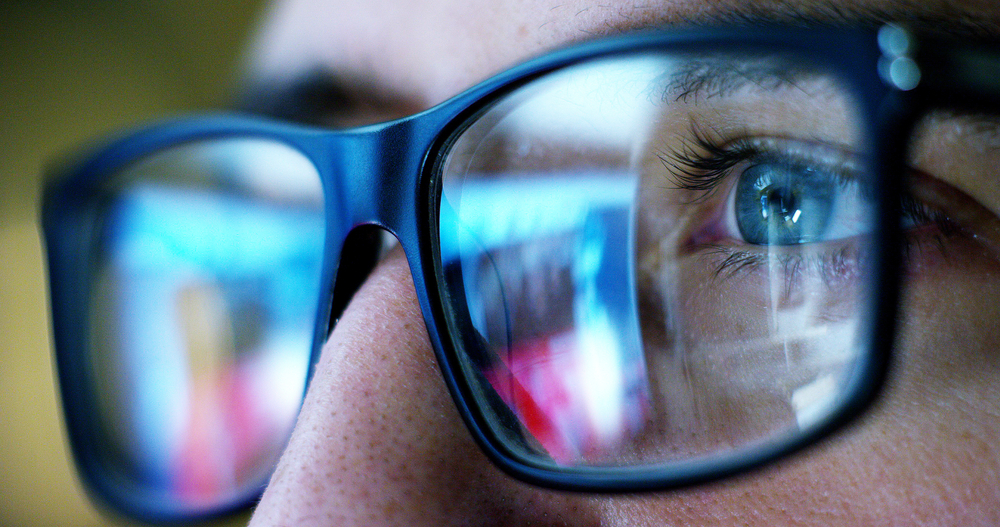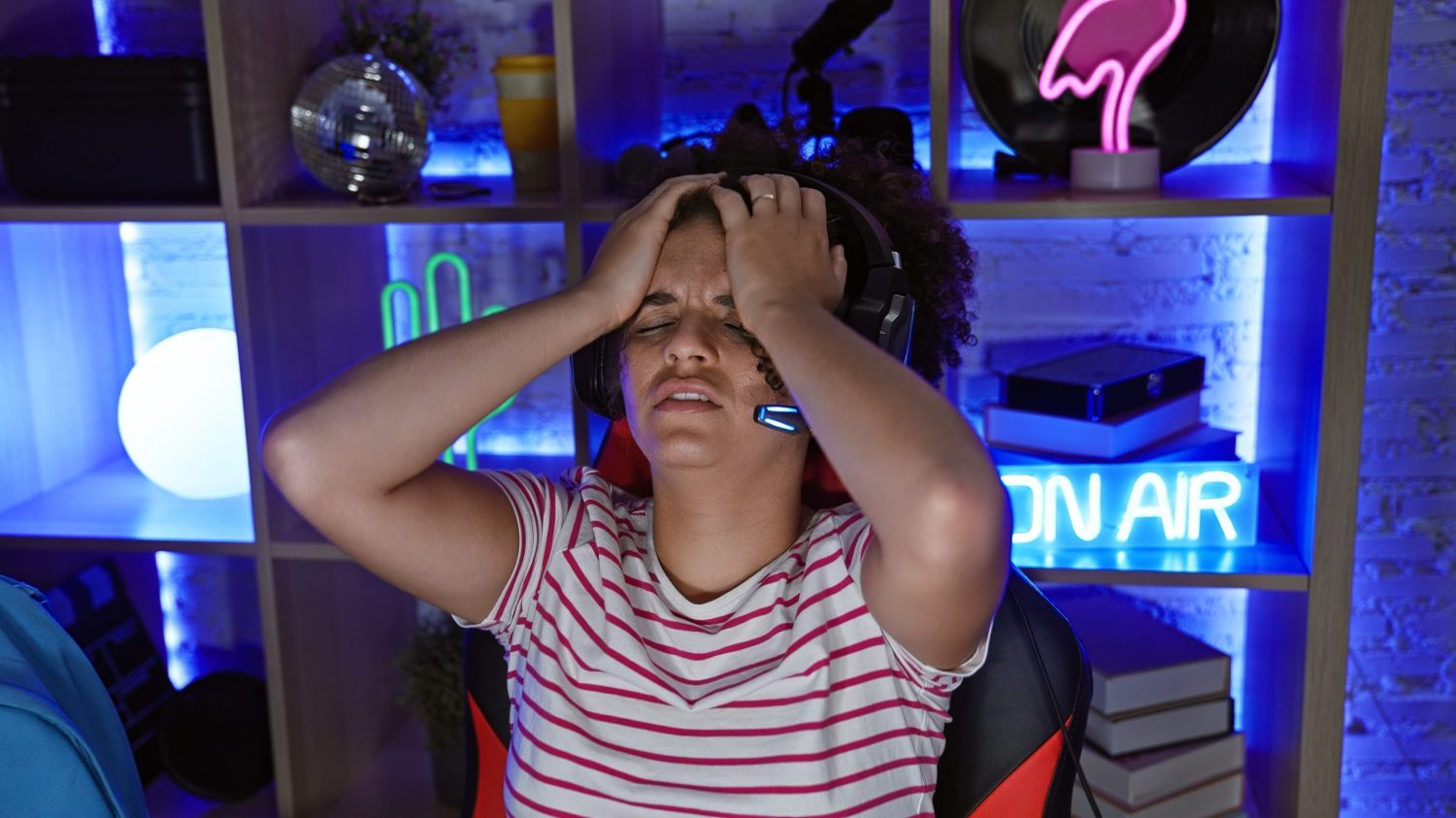Affective Uplift During Video Game Play
A Naturalistic Case Study
August 22, 2024,
Do video games affect players’ well-being? In this case study, we examined 162,325 intensive longitudinal in-game mood reports from 67,328 play sessions of 8,695 players of the popular game PowerWash Simulator. We compared players’ moods at the beginning of play session with their moods during play, and found that the average player reported 0.034 [0.032, 0.036] visual analog scale (VAS; 0-1) units greater mood during than at the beginning of play sessions. Moreover, we predict that 72.1% [70.8%, 73.5%] of similar players experience this affective uplift during play, and that the bulk of it happens during the first 15 minutes of play. We do not know whether these results indicate causal effects or to what extent they generalize to other games or player populations. Yet, these results based on in-game subjective reports from players of a popular commercially available game suggest good external validity, and as such offer a promising glimpse of the scientific value of transparent industry-academia collaborations in understanding the psychological roles of popular digital entertainment.
Share this story. Choose your platform.
Want more updates and information from ACM? Sign up for our Newsletter.
Related Articles

The Toxic Cost of Cheap Usernames
Toxicity in video games, acting in a rude, abusive, bullying, or deliberately losing manner, ruins competitive team-based video game experiences for everyone involved.
August 12, 2024,

What Are the Points of Concern for Players about VR Games
In recent years, the VR boom has signaled fruitful applications in fields such as education, industry, animation, and entertainment.
August 22, 2024,

An Empirical Study of VR Head-Mounted Displays Based on VR Games Reviews
In recent years, the VR tech boom has signaled fruitful applications in various fields.
August 22, 2024,

